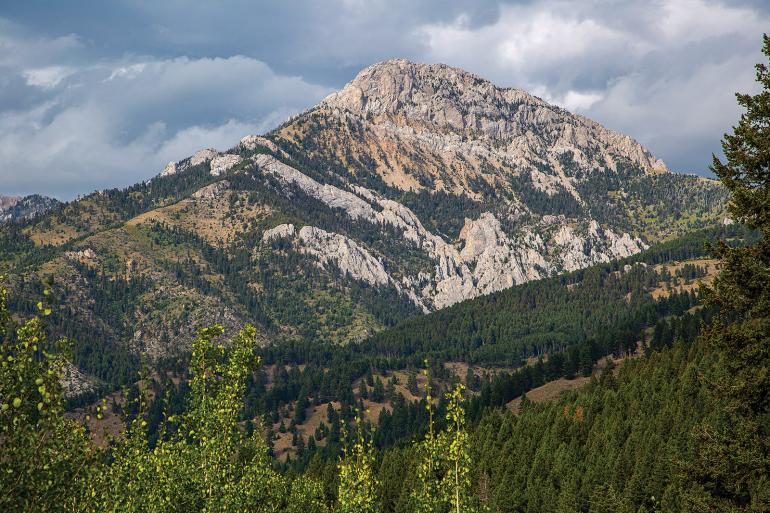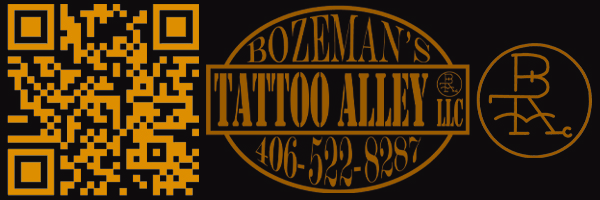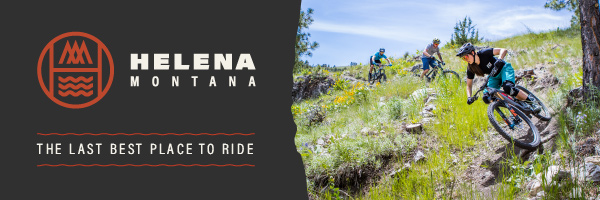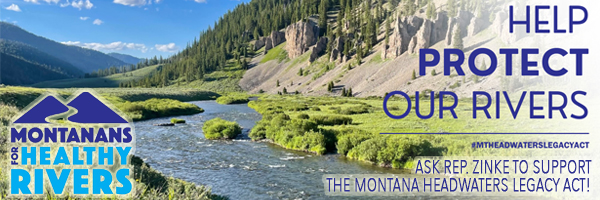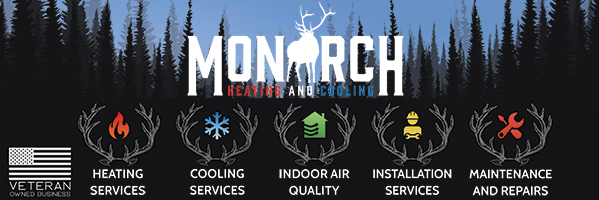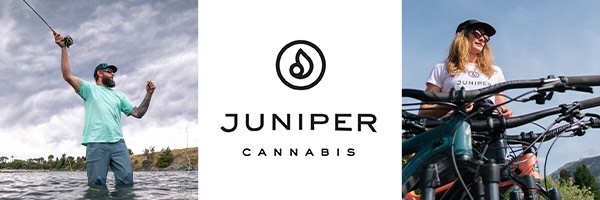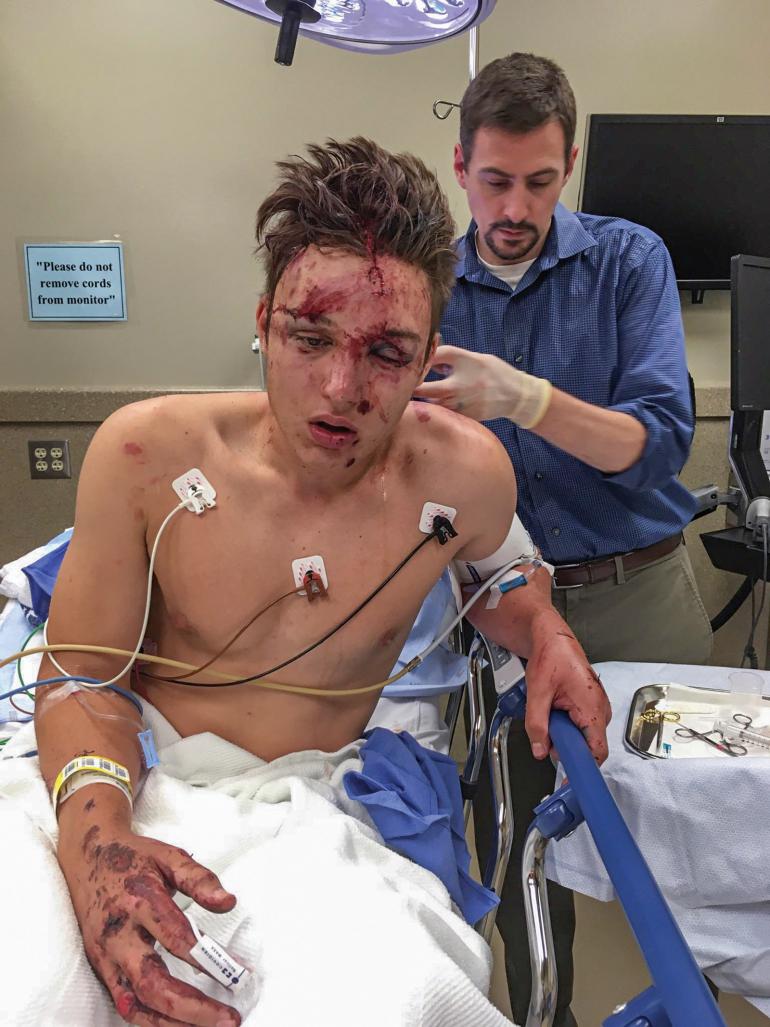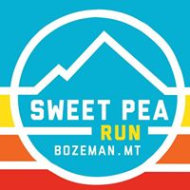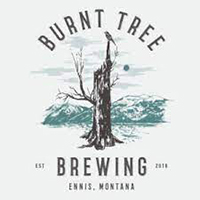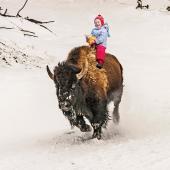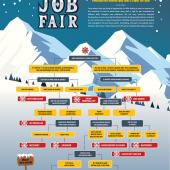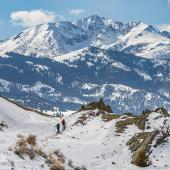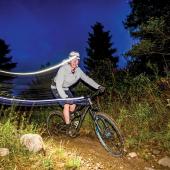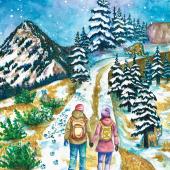The Mountain Called
And I should never have picked up.
It was mid-July. A beautiful Montana summer day. The original plan was to fly fish for brook trout in the small bends of Brackett Creek. I was young—18 to be exact—carefree and oblivious to the future. I was with my older brother, both of us full of energy and free time, and as we drove up Bridger Canyon, we mutually agreed upon a change of plans. Before catching a few fish, we would hike Ross Peak. In the words of John Muir, the mountains are calling.
We began our climb up the south side through a scree field. My tennis shoes slipped and my ankles rolled around like marbles as we climbed up the loose rock. I would take a step up, put my weight on that foot to gain another few feet, only to sink back down to my original position: a classic one-step-forward-two-steps-back situation. Eventually, we made it to a section that was markedly steeper, with more cliffs and boulders. It didn’t necessarily look safe, but we decided to go up anyway.
I remember the stinging and burning of the cleaning solution that the surgeon squirted into my wounds before he stitched me back together.
The large limestone rocks on the ridge were loose and unstable, and sometimes slippery and wet from springs seeping through cracks below the surface. My arms and legs were shaking while on the rocky face. My sweaty hands jerked toward rocks and gripped on tight to maintain my balance. The only way out was up. I took a step, a big one, and reached for a rock to anchor most of my weight. When I pulled on the rock to gain a few more feet, it slipped and fell from the cliff face—and so did I. Then, blackness.
It was like waking from a lifetime of sleep. Sleep with dreams, stories, conflicts, and resolutions. It seemed to last forever, but when I came to, I felt an enormous pressure in my head. My left eye was sealed shut and my right eye blurry. My brother was holding his t-shirt against the open wound on my head. He was on the phone with search & rescue.
I lay there, fading in and out of consciousness. I was mostly numb to the pain, probably from shock. I faintly remember the rescuers gathering around my body, with a helicopter fluttering up above. They strapped me in a gurney, and the helicopter pulled me into the air with a nauseating twirl. I felt my heart rising toward the sky in that gurney, the same way I would later feel my heart drifting away while on a cocktail of fentanyl and morphine in the hospital.
I don’t remember much of what happened in the emergency room. I knew the medics were rushing. I knew my parents, family, and friends were alongside me with looks of immense concern. I had suffered open-skull fractures on the front of my head and face. My brain was bleeding and I was rushed to the ICU.
The next day, I looked in a mirror at my unrecognizable balloon of a face.
I remember the stinging and burning of the cleaning solution that the surgeon squirted into my wounds before he stitched me back together. I also remember, vividly, being asked to sit up so they could sew the back of my head and feeling a crunching gnash of pain in my back—apparently I had also broken four vertebrae. Accompanying this, I had six broken teeth, deep cuts and gouges on my legs and hands, and a broken big toe.
The next day, I looked in a mirror at my unrecognizable balloon of a face. I couldn’t help but laugh: this dumb, embarrassed 18-year-old kid with his ass out in a hospital gown didn’t even know what was looking back at him anymore.
Recovery was about a year total. For the first part, I was confined to a back brace. I used a tool to put on socks. I would watch television and listen to Radiohead on oxycodone.
The second part of recovery consisted of reorganizing my scrambled, post-concussion brain, and recovering from the psychological aspects of the accident—which far outweighed the physical.
My fall could be classified merely as a freak accident. A misfortunate event. An ill-fated catastrophe. And while I no longer blame myself or anyone for what happened, I can’t help but think that my reckless attitude toward the outdoors led me there—had been leading me there my whole life. Like many Bozeman residents, I had grown up skiing, hunting, biking, climbing, and fishing—and I had forgotten the necessary use of caution and restraint.
I think now of John Muir and the zealous misinterpretation of his famous quote. Yes, the mountains are still calling, but I now understand the risks associated with heeding the call. After a time of resentment against the natural world, I have found my own solace within it. Peace comes now in fishing the rivers, hunting for wild game, and most of all, just being alive. I no longer look against an opposing mountainside and think of ways to summit. For now, it is best just to be.

